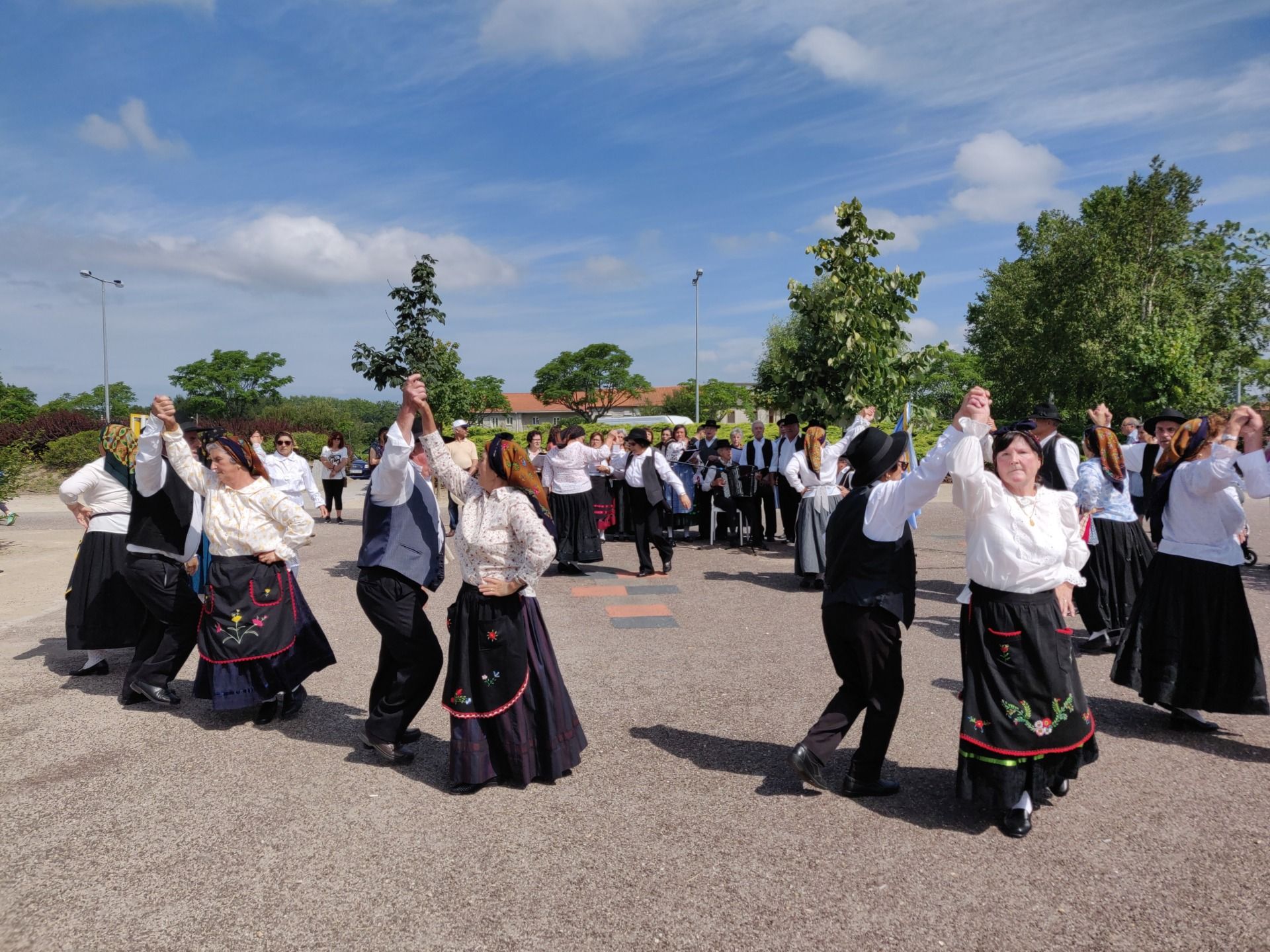Good practices for sustainable events in Portugal
Companies and organizations need to be aware of the imperative need to adopt attitudes, behaviors and actions that promote the well-being and quality of life of the society in which we operate. It is also essential to be associated with an ethical and transparent management. With the United Nations’ Sustainable Development Goals goals for 2030, we all have a responsibility to help achieve them. These objectives are ambitious and address various dimensions of sustainable development, such as social, economic and environmental, but also the promotion of Peace and Justice.
Why incorporate good practices?
The incorporation of good practices in terms of social responsibility in an organization is always accompanied by a profound and real change in its culture and the behavior of staff, but also in the relationship with partners and suppliers by increasing cooperation between these stakeholders. It is a change that brings several benefits and advantages not only to the organization, but also to the surrounding environment, namely, environmental, social, cultural, economic and political aspects:
– Increased competitive advantage over competitors who do not yet have sustainability concerns;
– Greater appreciation and recognition of businesses that are dedicated to changing their behaviors for more sustainable policies with the increase in the level of demand and expectations on the part of the target audiences;
– Creation of a sense of belonging and purpose in stakeholders and collaborators;
– Stimulation of the local economy and more attention to the needs of the community surrounding the company;
– Return on investment with social benefits.
Good practices at your event
As event organizers, we believe that it is possible to assimilate behaviors and put them into practice in the management of events to meet the achievement of sustainable development goals. Events are also a reflection of organizations, so it is necessary that they represent the good institutional practices already consummated in their management and by staff in their day-to-day activities.
Tourism has the advantage that, where it is developed, it creates significant economic flows, which can be used in favor of traditionally disadvantaged regions. With investment in these areas, job creation and even new support infrastructures are possible. Choosing economically sustainable, local partners with a positive impact mission is a way of providing high quality work, by dignifying it and investing in local economic growth. It is also a way to reduce inequalities within the country and to help promote sustainability for small communities in geographically disadvantaged regions.

On an incentives trip, it is simple to apply good practices that meet this need for development. This can be done in several ways: from the consumption and promotion of local products, and the creation of activities that celebrate and make known the authenticity of the cultures of these populations (such as organizing a local crafts or traditional arts workshop). In a congress or conference, it is possible to invest in local culture by creating a social program with this focus, with the presentation of music or performing arts and also choosing catering partners with the concern of putting together a menu that takes into account the investment in local, seasonal products, and even PDO.
Subscribe and get the free Ebook
Guide for event planning
An event should always have as its main objective, both on the part of the participants and the organizers, an active role in inclusion and the effort for gender equality and also for the collaboration and understanding between different cultures and communities, genders, ages and accessibility. For this to happen, as organizers, we need to think not only about the organization and coordination of technical and logistical resources, but also about planning a conscious program that can answer the question “What are the best solutions to allow participation and social inclusion?”.

Health and well-being are essential for sustainable development. At events, it is possible to create opportunities for participants to exercise and become aware of health care, both on incentive trips and in congresses or corporate meetings. In these it is possible to create energizers to start a working day with activities such as laughter yoga, mindfulness, a tai-chi session or even a breakfast with all the necessary nutrients to enhance the participants’ performance for the rest of the day. On incentive trips: the organization of human powered activities and outdoor activities, such as hiking, bicycle tours or kayaking, which also have a strong component of team-building spirit.

Tourism and the organization of events is responsible for a huge flow of air, land and people traffic and with that comes the responsibility to reduce the carbon footprint as much as possible during the events. We must consciously choose sustainable and safe cities and communities for the venues, those which have quality services and infrastructures in order to be able to use public transportation or shuttles instead of individual and exclusive transport for the participants. Alternatively, we can offer travel on e-bikes or walking routes. In terms of hospitality, it is important to recruit accommodation partners and venues with environmental concerns, such as the supply of local products, the use of renewable energy and the use of local materials for their construction and decoration.
Food and beverage services are an area in which it is essential to have a more conscious, ecological and sustainable posture, as it is one of the areas in which waste can be huge if solutions to prevent it are not provided. Among the many good practices to be implemented, we suggest offering buffet-style meals to avoid individually packed meals and eliminate all types of single use cups, containers, cutlery and straws.

There are many solutions which are more environmentally friendly:
-Water dispensers with biodegradable cups or reusable bottles, in the form of a gift or merchandising for the event, instead of bottled water;
-Partners who are able to offer their guests a service with a concept of “from the farm to the table”, from local and organic product suppliers;
-Meal menu design for the event taking into account choices of sustainable ingredients, fresh and in season;
-Eliminating delicacies of endangered species, prioritizing the consumption of white meats and incorporating vegetarian menus;
-At the end of the event, it is important that, together with the catering company, there is a solution to donate food and meals that were not consumed by the participants (At the last congress held in 2020, the 26th CNMI, we donated 300 meals)…
CONCLUSION
In order to be able to put our good practices in terms of sustainability into action, it is necessary to join forces with all stakeholders. It is imperative to inform, educate, encourage and adopt good practices, to promote partnerships with suppliers and local communities, to reinforce the sharing of experiences and resource mobilization strategies and to invest in cooperation, as a way of achieving the goals of sustainable development.
We must continue to promote the improvement of processes, products and services that help us to reduce the negative impacts in the three major areas of sustainability, in the environment, in the economy and in the communities; and continue to invest in reducing the consumption of natural resources and the generation of waste, increasing reuse and recycling.
We also have a responsibility to promote solutions and technologies to our clients and participants that help us adapt to global challenges without making us part of the problem, but actually part of the solution.

Ana Maria Machado
With an academic background in marketing and a degree in Art History, Ana has been working in MICE since 2017, mainly in incentive travel and corporate meetings.







